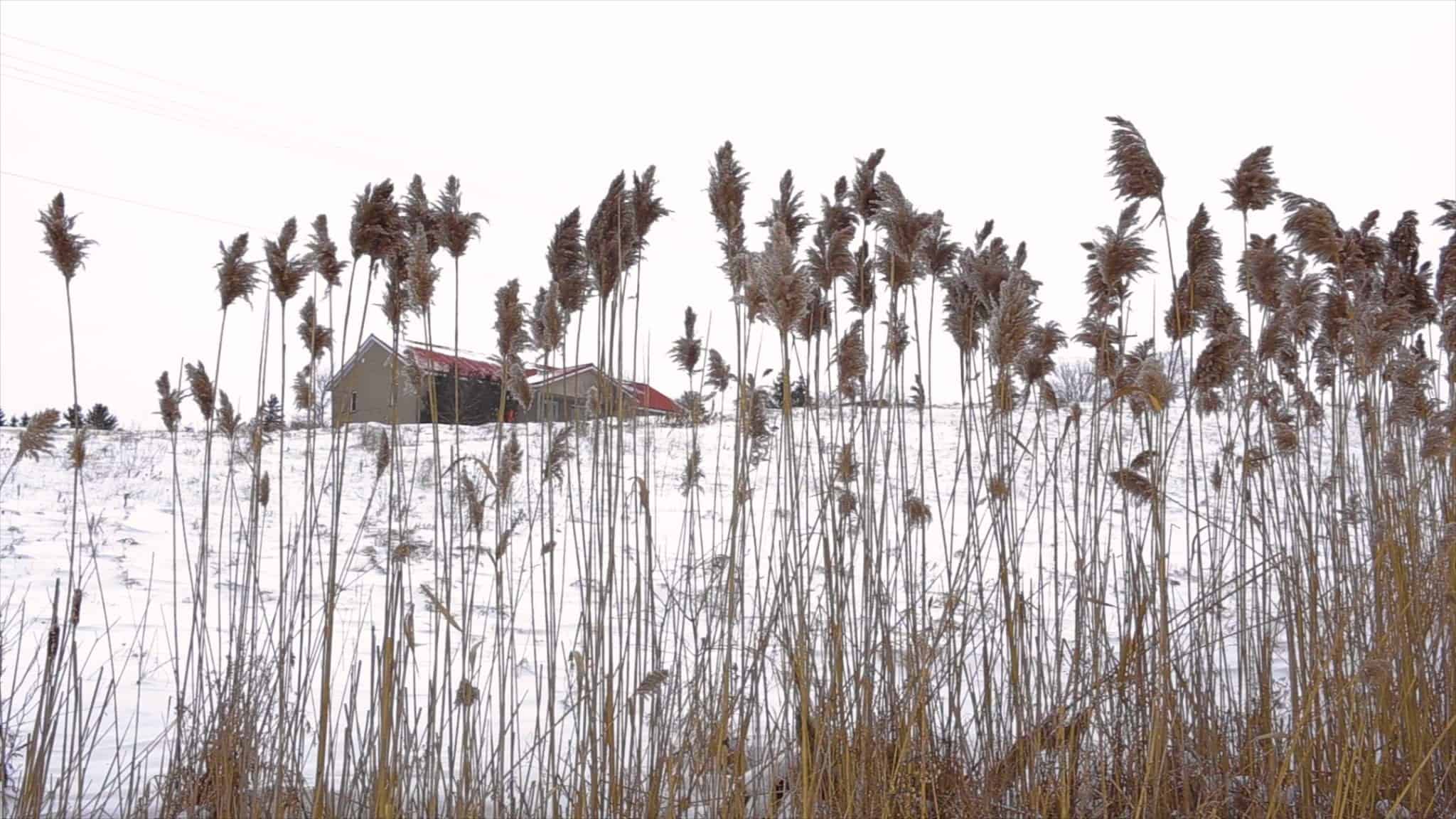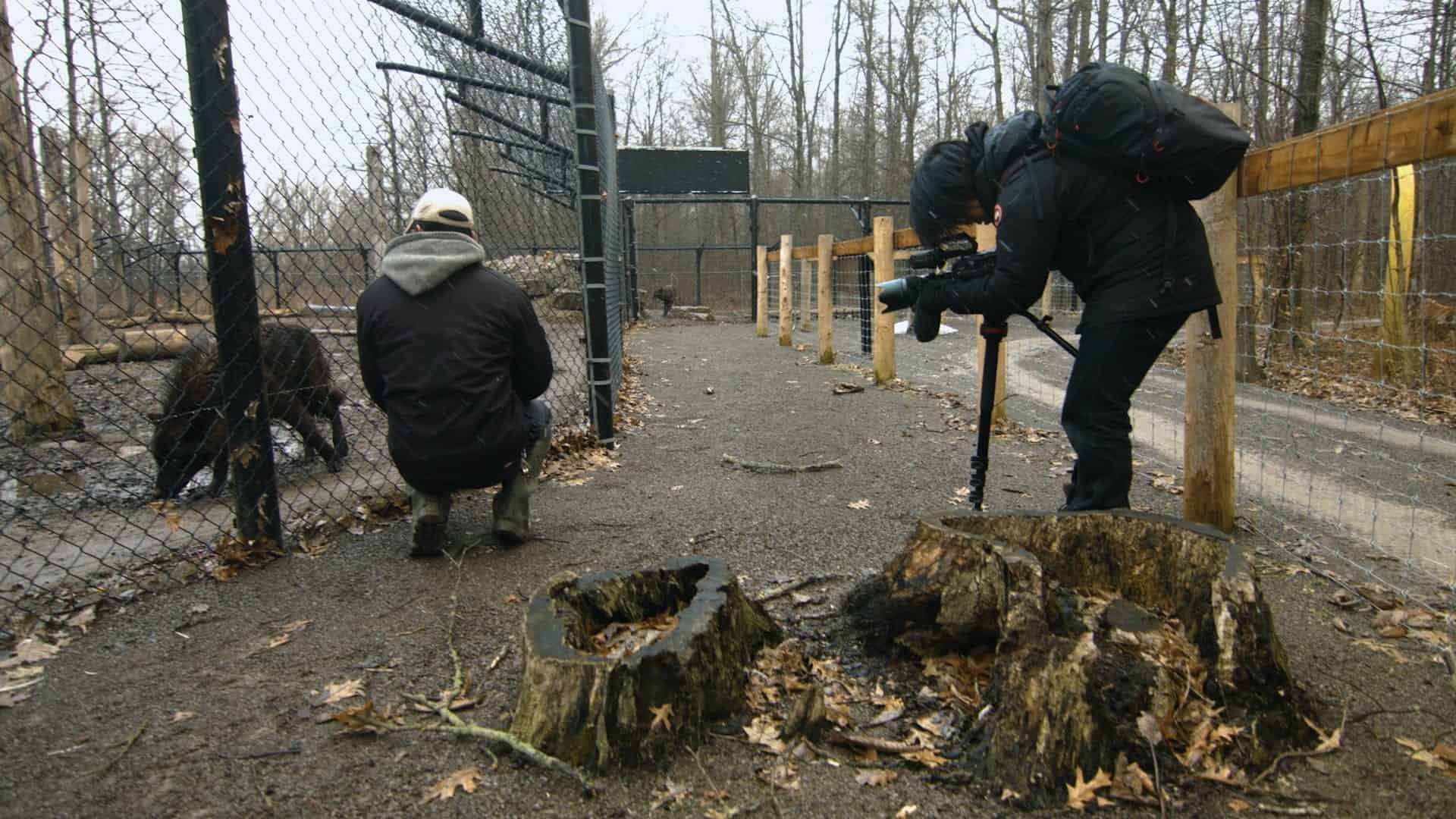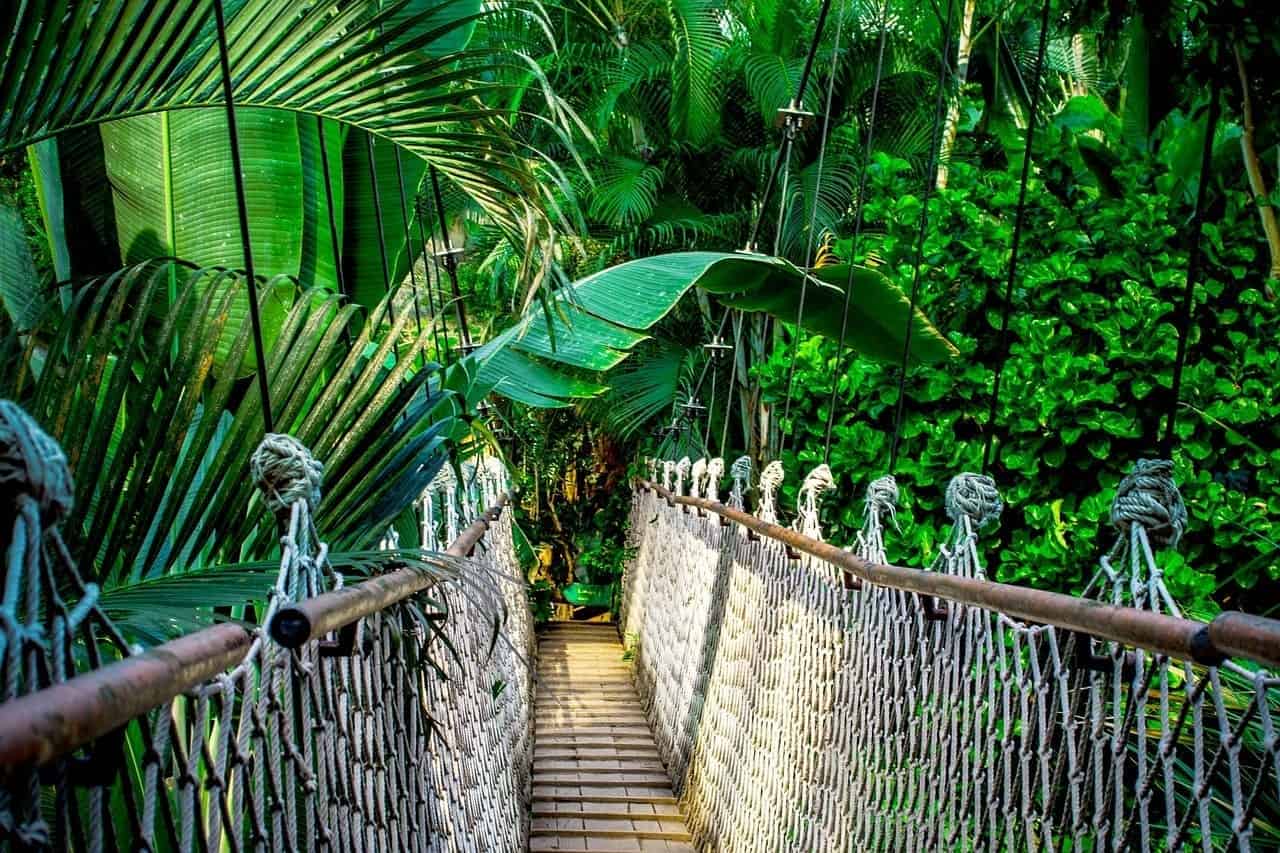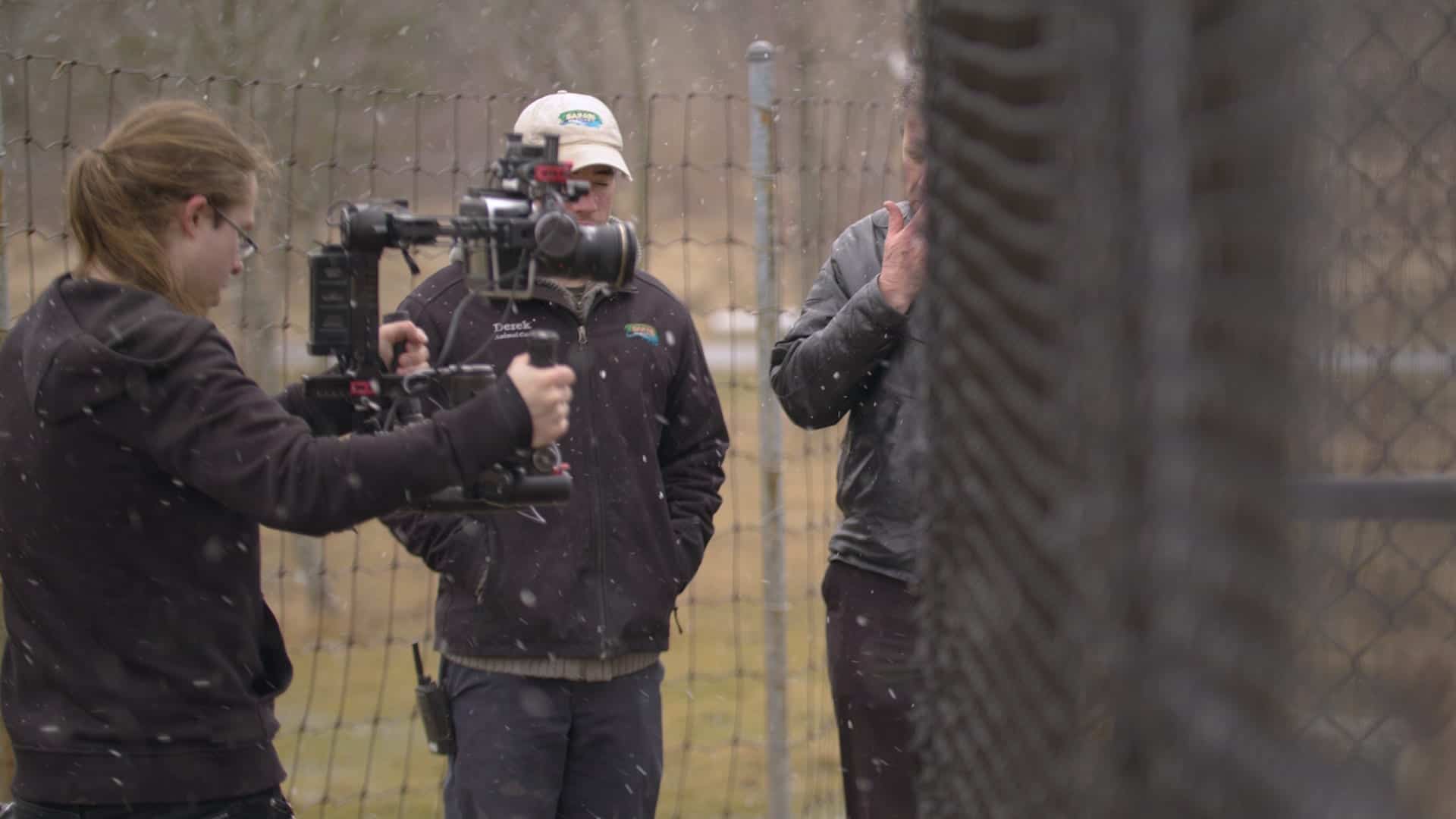At Key West Video, we work as a team. Projects demand attention from our producers, editors, animators, scripting—in short, most of what we work on comes together thanks to a united effort. But there’s no denying that all of our live-action videos would be impossible without camera operators. We’re lucky enough to have some really talented people working for us behind the camera. Today’s blog is all about giving you some insight into the work they do and how they make our videos look so darn good.
So far this year, what project sticks out in your mind?
We’re only three months into 2019, but our camera operators have already been on more than 65 shoots. Our projects have the crew traveling not just across the GTA, but also throughout Canada and the US. With so many different clients on the go, we wanted to ask our shooters what kind of work leaves an impression?

- I enjoy every project that engages me in the client’s story. It’s a privilege to step into someone else’s world for a few days and try to get a handle on how it all works.
- My favourite project so far was the Petagon distribution because of the creative freedom to show the various pets and the Canadian Winter Landscape
Do you have advice for looking comfortable on-camera?

Nobody spends more time on set than our camera operators. They shoot interviews and testimonials with all sorts, from CEOs to children. Some people are stepping in front of the camera for the first time ever while others are seasoned veterans. We asked our shooters what advice they have for people appearing on-camera.
- Try to have a genuine conversation with them and get them warmed up with a bunch of easy questions.
- My advice is to pretend like you’re talking to a person instead of a camera. It’s not easy but it can be done especially if we use a mirror that is placed in front of the lens so the on camera talent addressing camera will actually be seeing the producer/director instead of a big dark lens.
- I’m not sure you can tell someone how to be more comfortable on camera. There are some tips that may help here and there, but my most consistent observation is that, the more involved an opinionated one is about a subject, the more comfortable they are on camera. When their primary focus is on the content and conveying a message, they tend not to overthink how they’re coming across on camera.
What’s the most important part of video production?
The top of this blog talks about teamwork. There’s a lot of coordination and cooperation that goes into each completed video. Every Key West Video employee plays a role, but we wanted to ask our camera operators about the process from their perspective.
- There is only one correct answer to this question: the story. You have to give the viewer a reason to care, to feel invested. When telling the story of a business, it’s often a challenge to strengthen the core narrative and make it more compelling. When a business gets into video production for the first time, the natural instinct is often to make a piece that is a moving list of products or services, text on a website can do a better job there. I would encourage companies considering a first video to view it more as a tool through which to curate their first impression to a new client, to make it more about values, world view, and the story of the business. Visual cues can do a lot to cover the goods and services details without letting them dominate a script.
- Good planning and ability to be flexible. Every project will likely go differently than you planned, so be open to changes
- The most important part of video production is previsualization or prep since it lets both crew and client be on the same page of what we’re shooting and how to shoot it. It also creates efficiency with time and resources so we know what gear is needed on the shoot.
As a camera operator, what do you like to shoot?
If variety is the spice of life, our camera operators are a pretty spicy bunch! We shoot our fair share of talking heads, but that’s just part of what we’re asked to capture on a regular basis. We have clients that represent a wide range of sectors, which means we can be in a government office one day and at a winery the next. Our camera operators also shoot plenty of b-roll to help give context to a video. One of our recent projects had a pair of videographers capturing footage of lions and giraffes. Here’s what our operators said when we asked them what they like to shoot.
- I prefer to shoot some sort of action / movement (sports, dance, animals, etc)
- Each has its enjoyable variables, but beyond “nature”, I do really enjoy shooting to establish an environment. That might be a skyscraper downtown or a farm property far outside the city, there is always some fun visual way to introduce a property or environment in a way that serves the greater story.
- I enjoy shooting people because it gives the video a personal element. It also allows us to be creative with lighting and positioning.
- In general I like to create frames with whatever is available mise-en-scene.
- I usually love shots that express a lot of emotion. Composition wise I like to utilize lines in the setting to draw one’s eyes to the focus of the shot.
What’s the most difficult camera shot?
Video production involves a lot more than turning on the camera and hitting record. As with most technology, camera equipment goes through changes and updates regularly. That means our shooters are always adapting. But experience and a good understanding of the technical aspects of shooting go a long way. The variety of projects we work on demand a certain level of agility. Getting a shot can mean taking into account not only the subject, but also the environment, movement, and audio. There’s a lot going on, so we wanted to ask camera operators what presents the greatest challenge?

- The most difficult camera shot was the walk and talks on the gimbal since it won’t work if too many cuts are made so the movement, composition and performances have to be on point.
- Anything that requires really shallow rack focusing while camera is moving (gimbal rack focus at f/1.8 for example)
- At the highest level of production, the most complex shots are no longer done with cameras. In my everyday experience, the difficulty comes from a more psychological place. Even when you have a relatively straight forward shot on your hands, being able to get in the right frame of mind to evaluate light ratios, screen direction, and composition is the real challenge. That might sound obvious, as a camera person of any level we’re all doing this, but to what degree?
Is it hard to travel with all that gear?
The Key West Video production crew is like a roadshow. Although we have a studio facility at our offices, the majority of our shoots take place in the field. Sometimes it’s just a ten-minute drive to the client’s office. Other times, it’s a flight to the west coast. Either way, there can be a lot of gear involved when it comes to shooting video. Camera equipment has gotten lighter over the years, but nobody gets away with a carry-on.
- I don’t mind traveling with a lot of equipment. I’m in a rare position given that I actually enjoy what I do (the vast majority of the time) so such things are just a minor inconvenience. This reality ranks pretty high when you consider all possible alternatives.
- It is tough at times especially with lighting as well since it gets heavy but I don’t mind it since there’s a fitness element and it keeps me on my feet and moving as opposed to sitting at a desk.
If you could shoot anywhere, where would it be? Why?

Camera operators are an interesting mix of technical and creative. Their job is all about finding the best way to communicate with an audience visually. That means they think about how to frame their subject, whether that’s a ship in the distance or a chef at work. A video should tell an engaging story. Capturing footage that portrays a person or the feeling of a situation is the goal. That motivation in reflected in these answers.
- I’d love to work on a documentary in South America, preferably the Brazilian Amazon. I’m not much bothered about the exact subject matter, I just want a work-related excuse to get down there for an extended period of time, preferably traveling alone or in a small group just to experience it right. It doesn’t seem like great fodder for a “family vacation” so finding a story to tell while I’m there would really make it special, no shortage of interesting subjects and beautiful views in that region.
- Somewhere tropical like a resort in the Bahamas. Probably looks amazing without any art direction.
- I would love to shoot in Australia or anywhere outside of North America. It’ll be good exploration opportunity and opens up more creative inspiration
How much coffee do you drink in a day?
Camera operators are known to drink their fair share of coffee. They’re often expected to work long hours in a physically and mentally demanding job. Not to mention all the travel. So, we had to ask—is the stereotype true?
- I’ve yet to read any convincing evidence that drinking coffee has any negative consequences (as long as you’re not putting sugar in it). With that in mind, it might be my primary source of water throughout the day. Quantifying the daily amount would just be a superficial disservice to the greater point.
- None
- I usually limit myself to 2 cups of coffee a day and that’s if the day goes to and past 12 hours. I find proper hydration is more important.
We’re lucky to work with many talented and dedicated camera operators at Key West Video. They provide us with the incredible footage that leads to successful final projects. Call us today for a free quote and see what great videography can do for your business.









